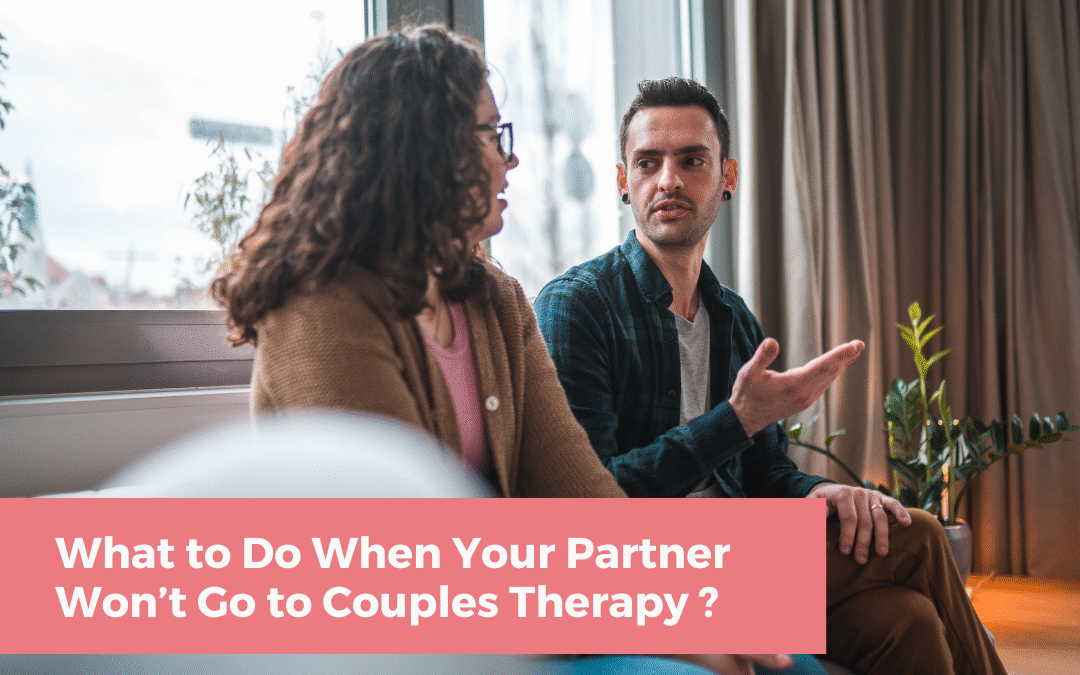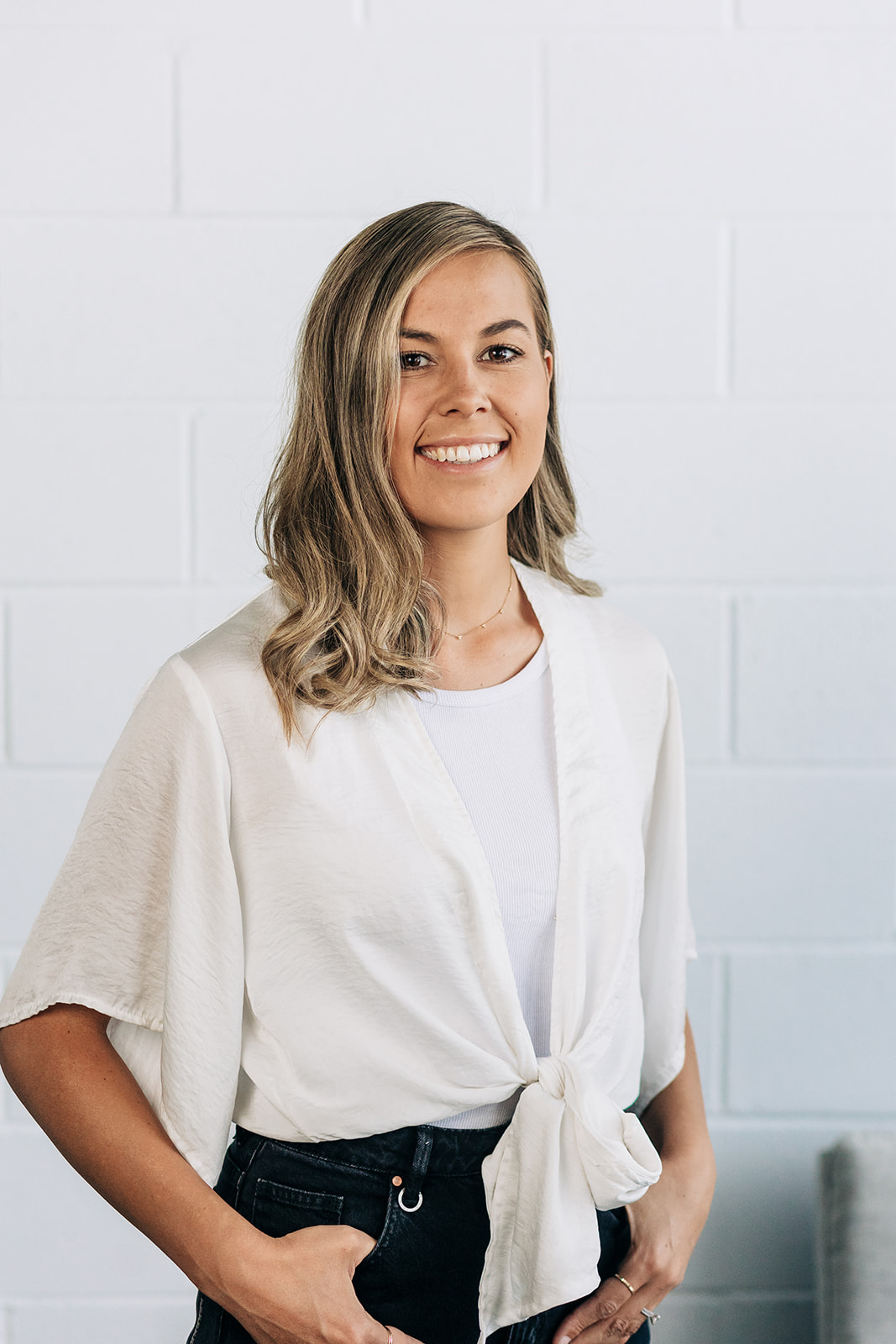Relationships are hard work, and no one teaches you how to navigate them. We make mistakes, get it wrong, have conflict, and things get messy and complicated. Over time, unresolved tension, miscommunication or just the strain of everyday life can build up. When things start to feel disconnected, many people consider couples counselling. But what happens if your partner doesn’t want to come along?
You’ve raised the idea, maybe more than once, but your partner still won’t agree to go to couples therapy. It’s frustrating and lonely. When one person is ready to seek support and the other isn’t, it can feel like the relationship is stuck.
Many people are in this position. It’s not a reflection of your worth or how much your partner cares. People have all sorts of reasons for avoiding therapy, fear, shame, pride, or simply not understanding what it involves.
One reason partners avoid counselling is the fear of being blamed. But good therapy isn’t about pointing fingers. It’s about creating space to talk honestly and safely.
What if my partner won’t go to couples therapy?
It’s frustrating when one person is ready for support and the other isn’t. If your partner won’t go, you might feel stuck, like your effort alone isn’t enough. But here’s the thing: therapy can still help even if only one partner attends. Individual therapy sessions can provide clarity on what’s happening, enhance your communication, and offer ways to approach things differently at home.
There’s also a ripple effect. Sometimes, when one partner starts changing how they engage, setting boundaries, expressing needs more clearly, or showing up differently, the other person notices. That shift can be enough to bring them on board later.
It’s understandable if this feels unfair. You’re showing up and they’re not. But this isn’t about dragging someone into therapy. It’s about giving yourself the support you deserve, and that’s always a step worth taking.
When your partner refuses to attend counselling, it can feel personal. Like, your concerns aren’t being taken seriously. Maybe you’ve already had the conversations. Maybe you’ve even booked the session and cancelled it because they wouldn’t come.
While it’s disappointing, it doesn’t have to be the end of the road. You can still go on your own. You can explore what the relationship is bringing up for you, what you need and what you want moving forward. You don’t need both people in the room for therapy to be valuable.
It’s hard when the person you love doesn’t meet you in that space. But the goal of counselling isn’t to force someone to change. It’s to help you understand yourself better, communicate with more clarity and explore what’s next with or without them in the room.
Not sure how to talk to your partner about couples therapy
TIPS FOR BRINGING UP THERAPY
- Use “I” statements: instead of saying, you never listen to me, try I feel like we could communicate better and I’d love to get support.
- Make it about growth: I want us to be the best version of our relationship and I think therapy could help.
- Address resistance gently: if your partner is hesitant, suggest a trial session instead of committing long-term
- Show you’re willing to work too: reassure your partner that therapy isn’t about blaming but about learning tools together
Read more here:
Research shows couples wait an average of six years before reaching out for help. That’s six years of avoiding, circling the same fights or slowly drifting apart. Imagine waiting six years to treat a physical illness. It sounds unthinkable, but with relationships, it’s become the norm.
You don’t have to wait for things to fall apart. You can start the conversation now. Whether your partner comes or not, you deserve support. Relationships are hard. But they can get better with the right kind of help, and the right kind of space to talk.









Recent Comments